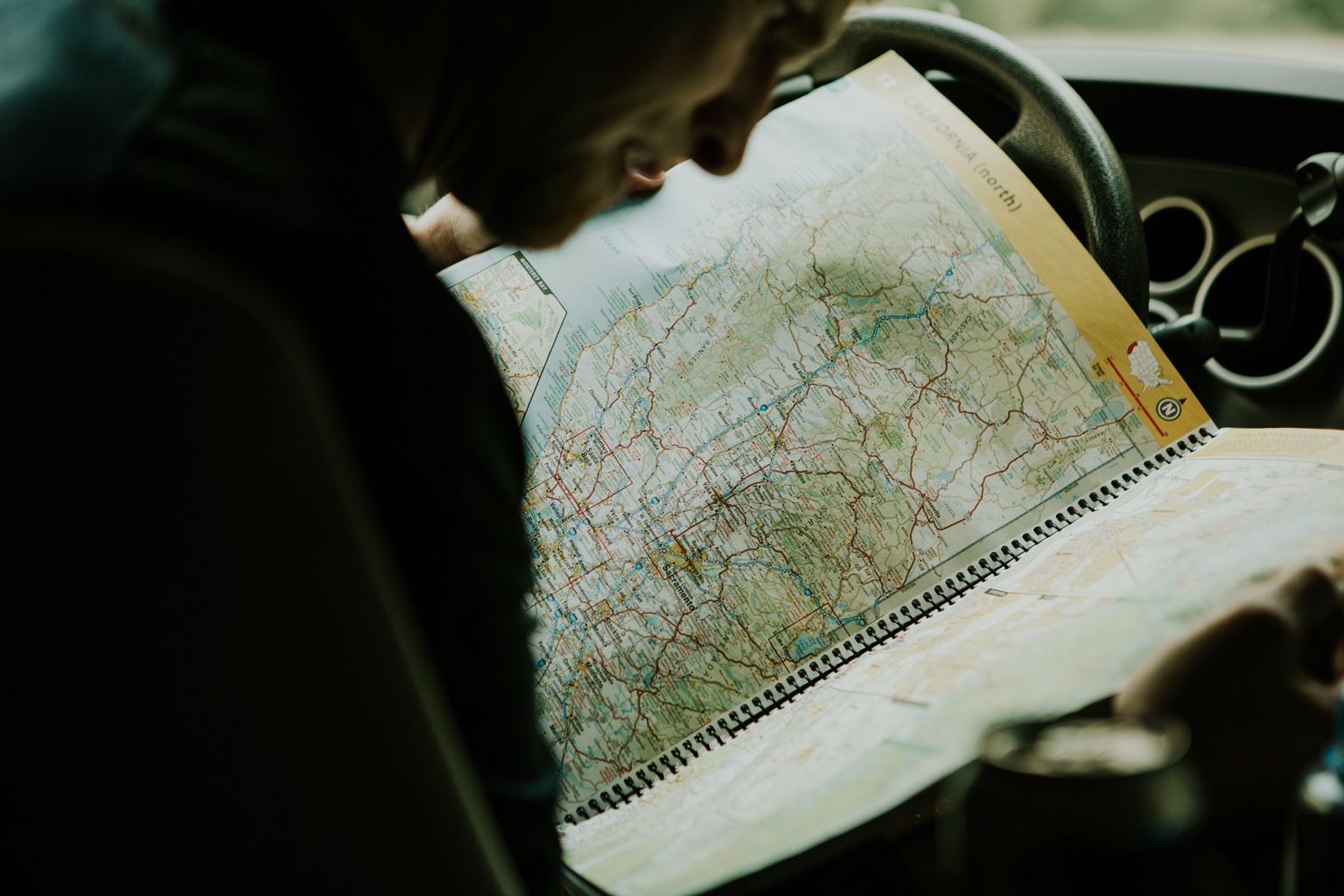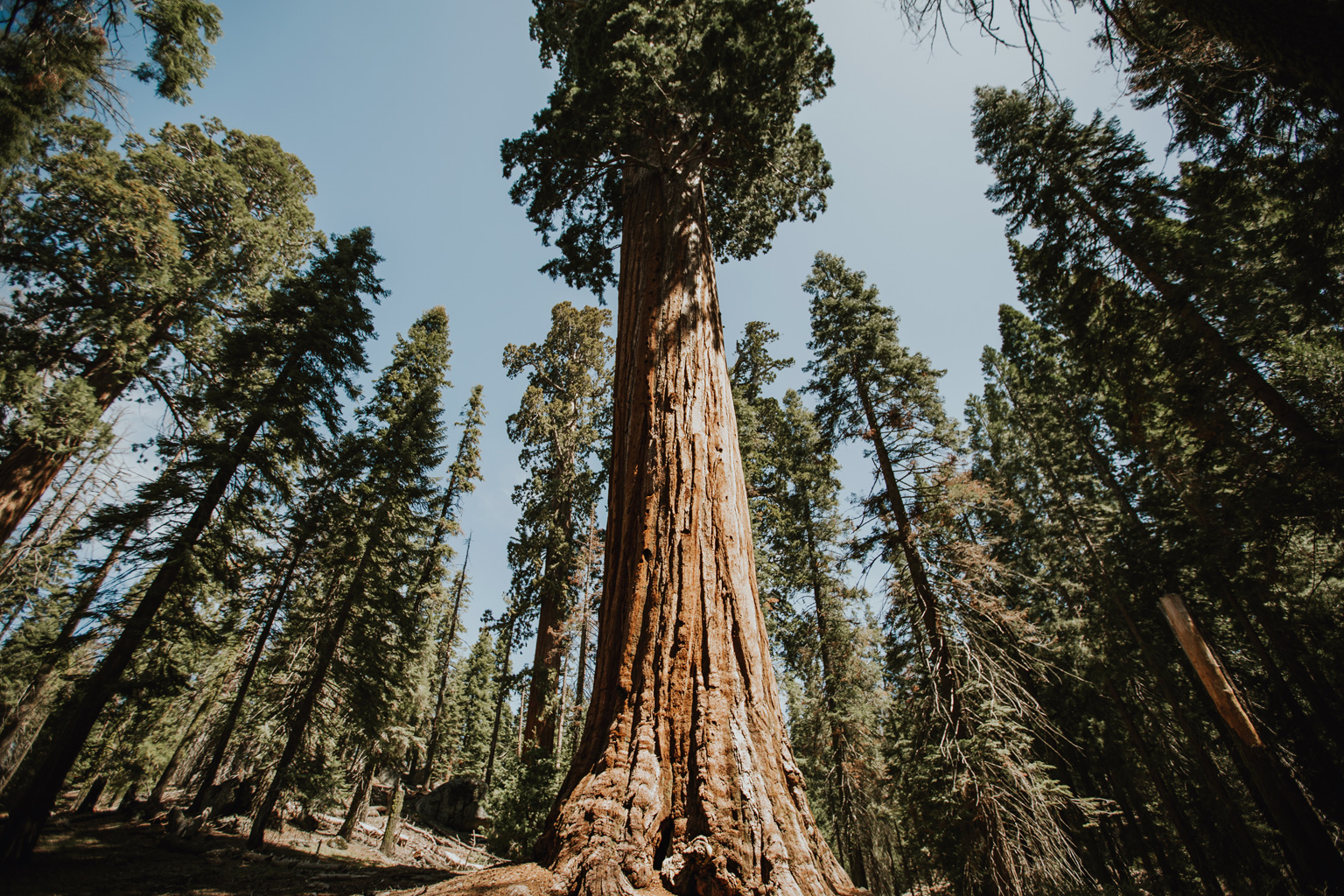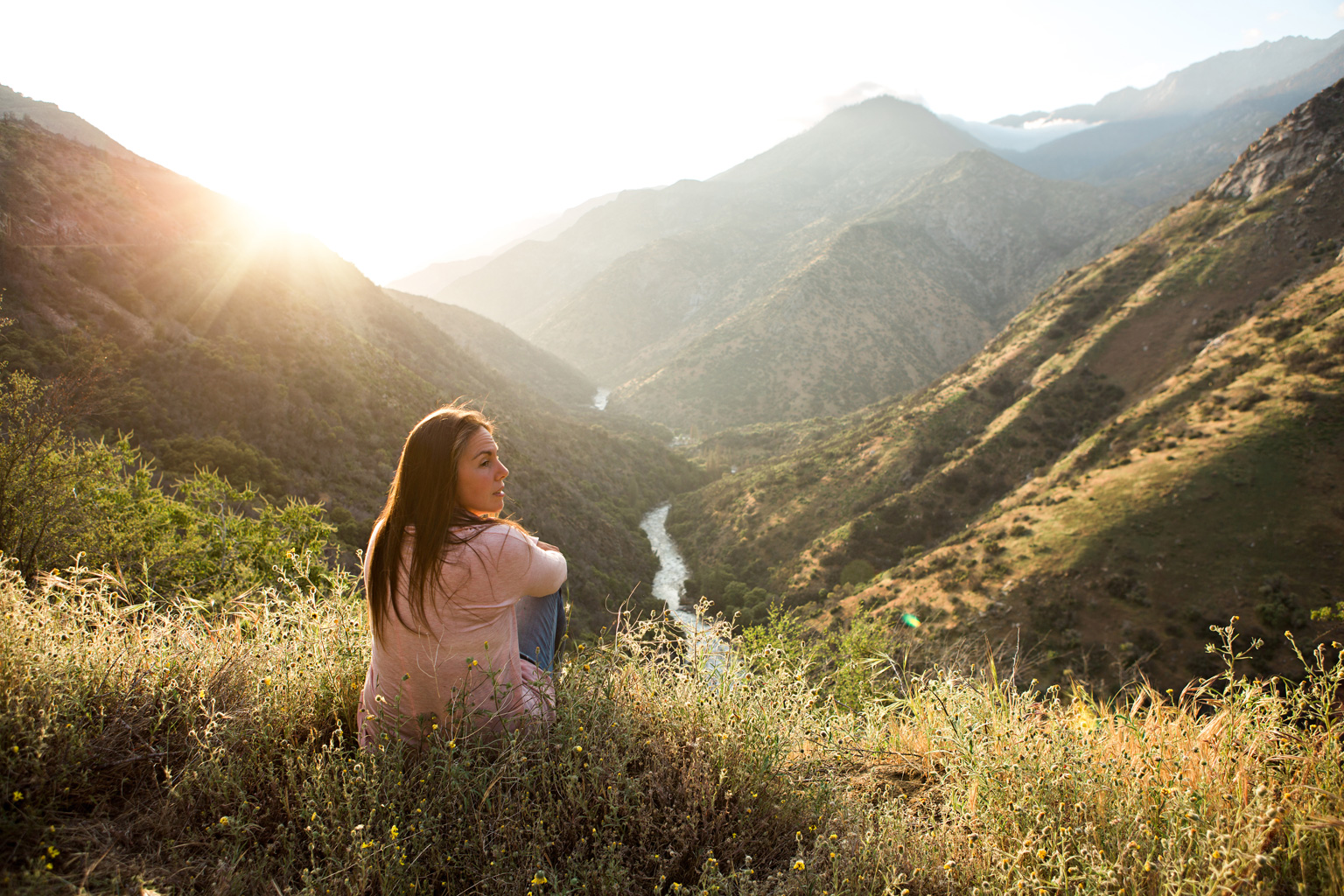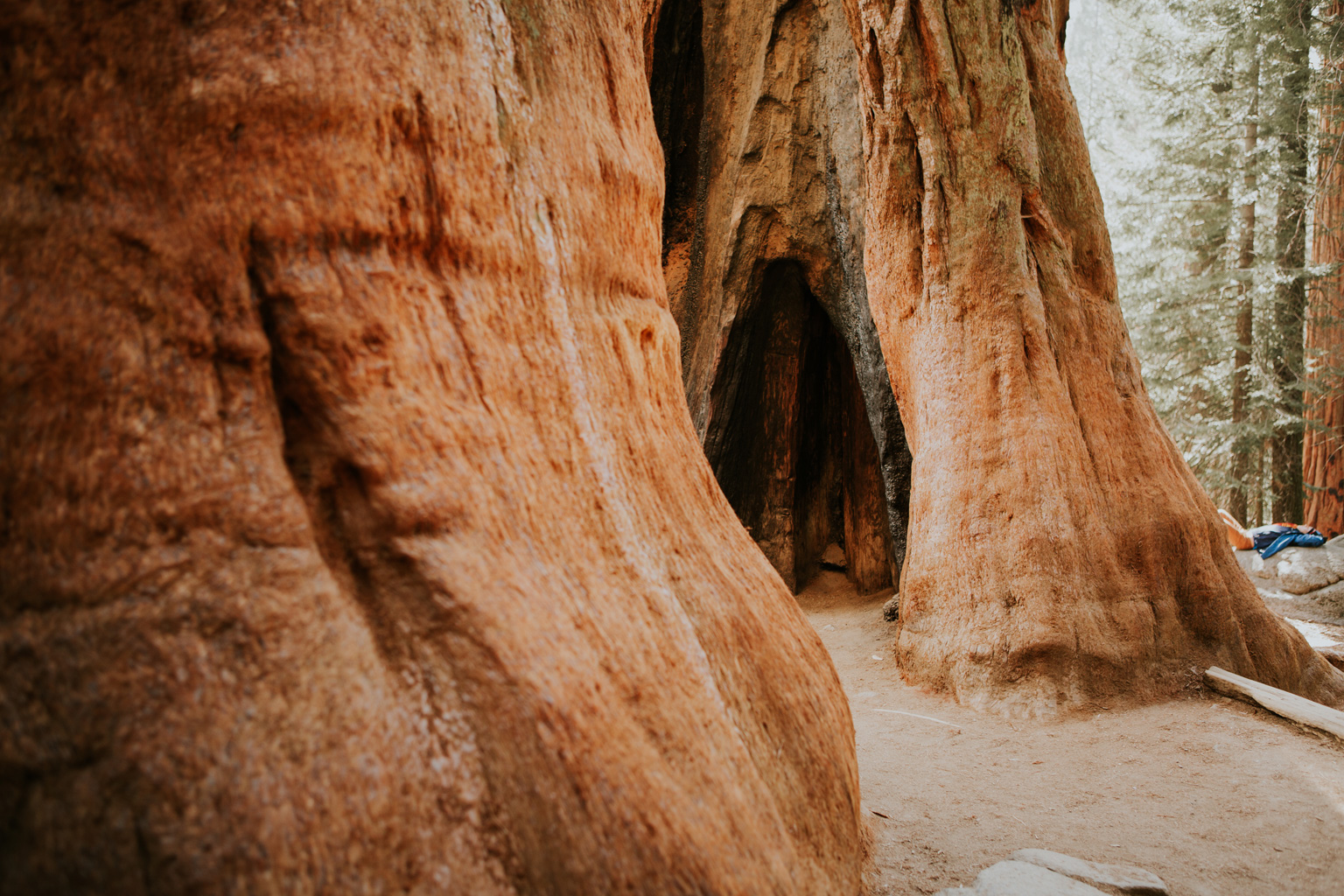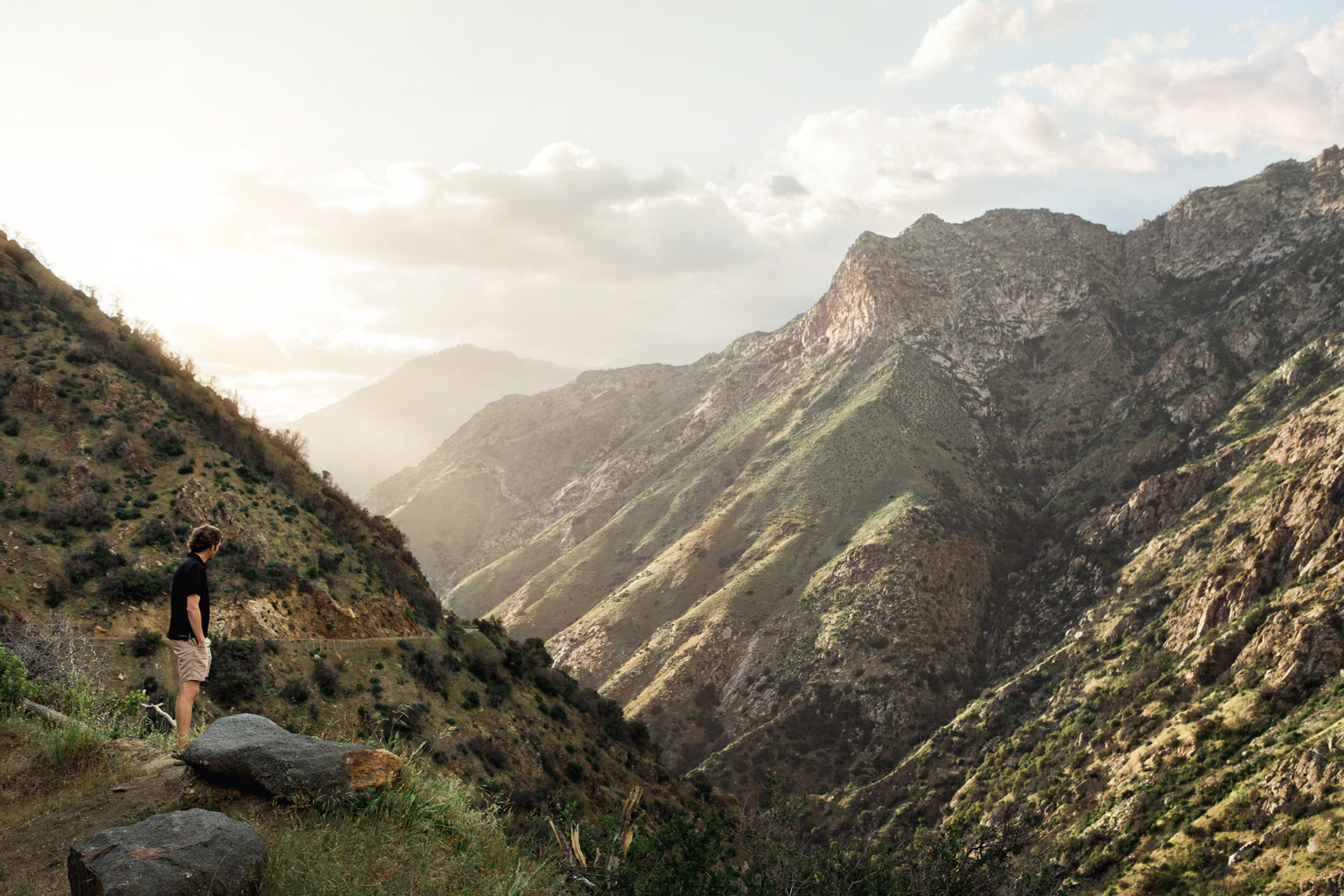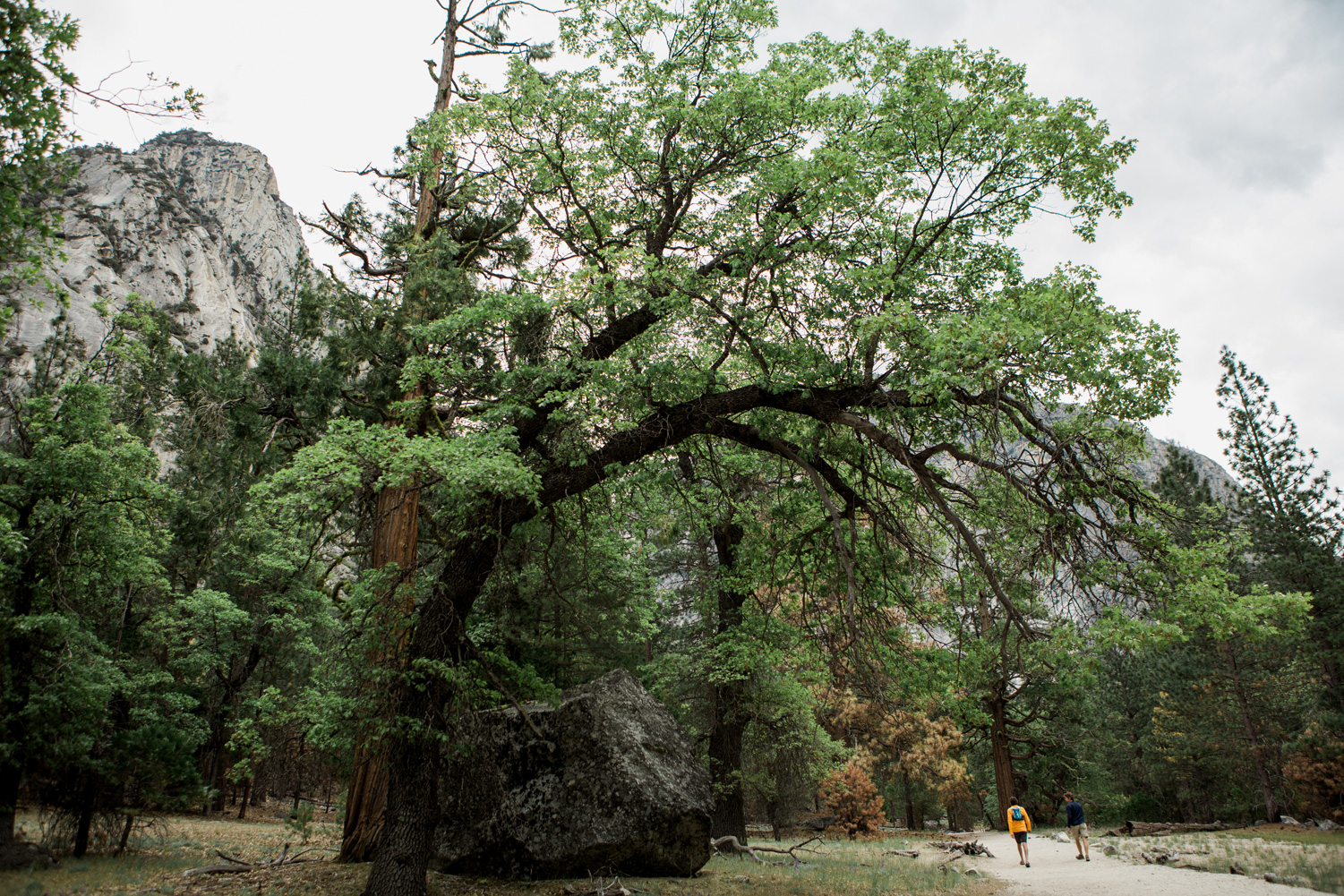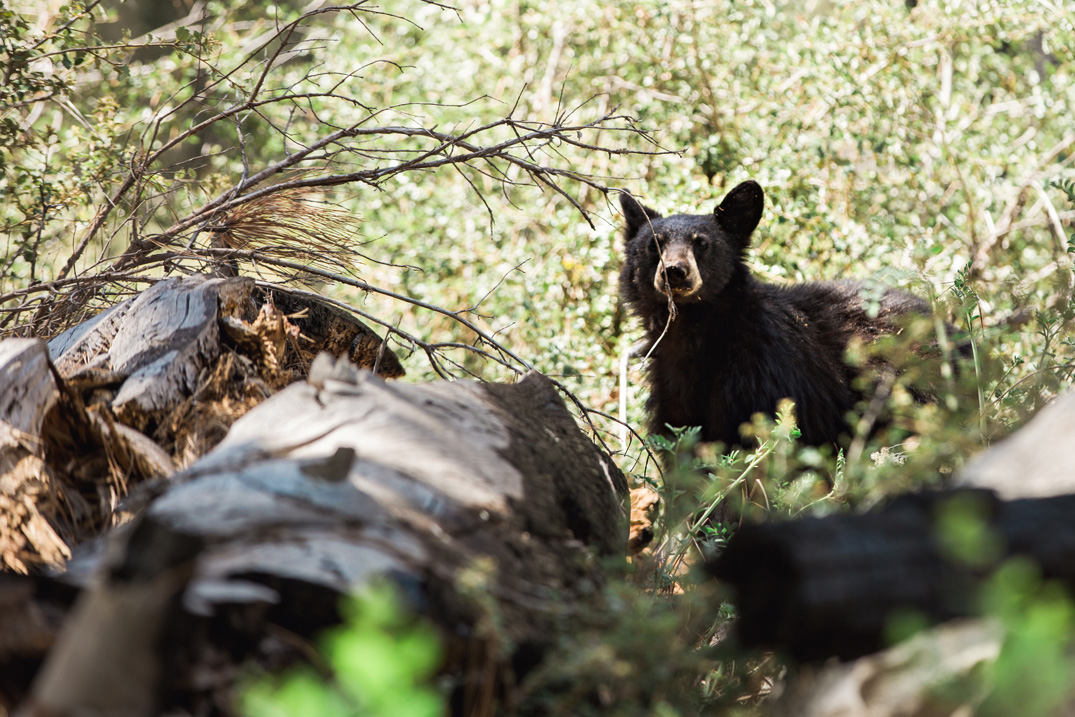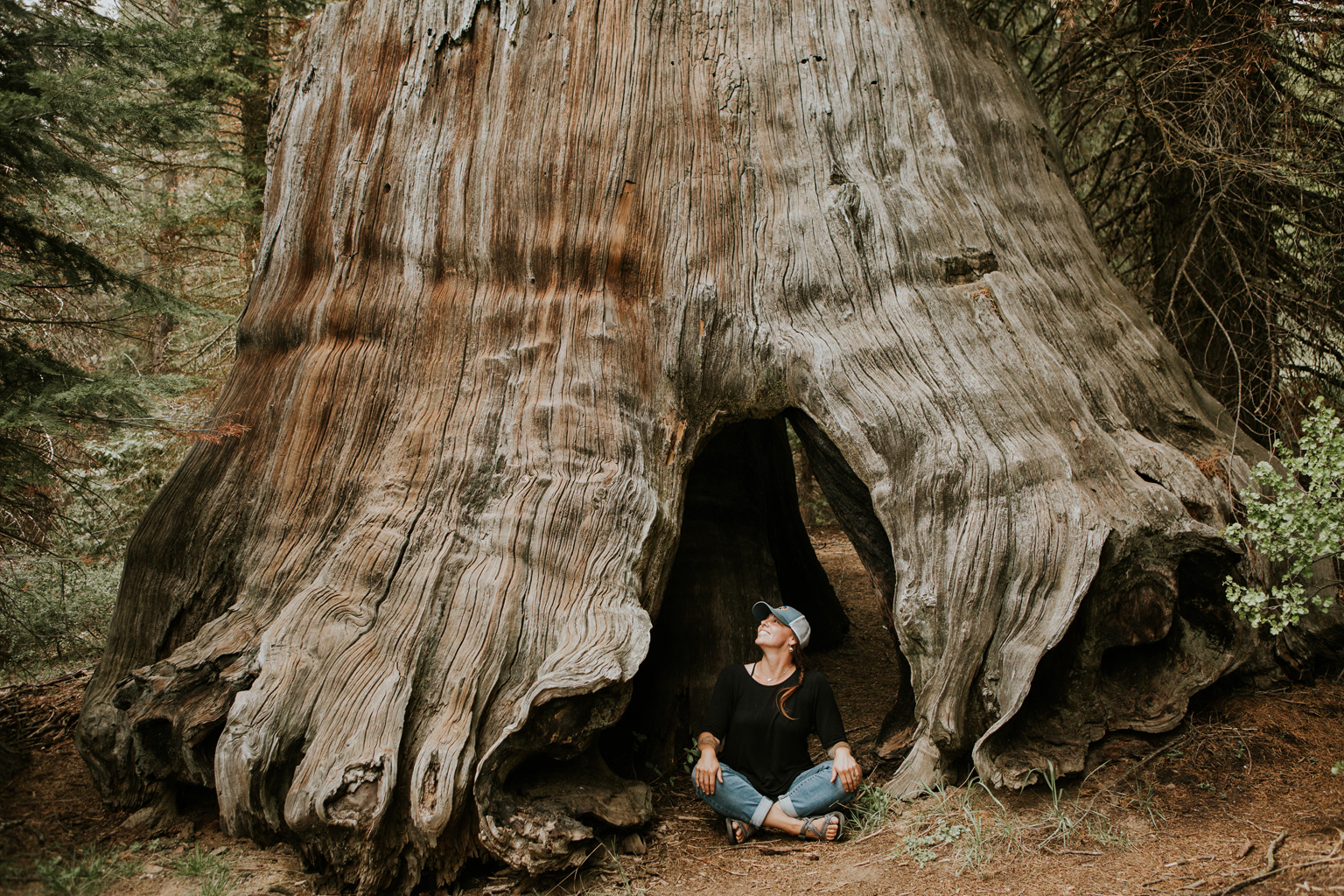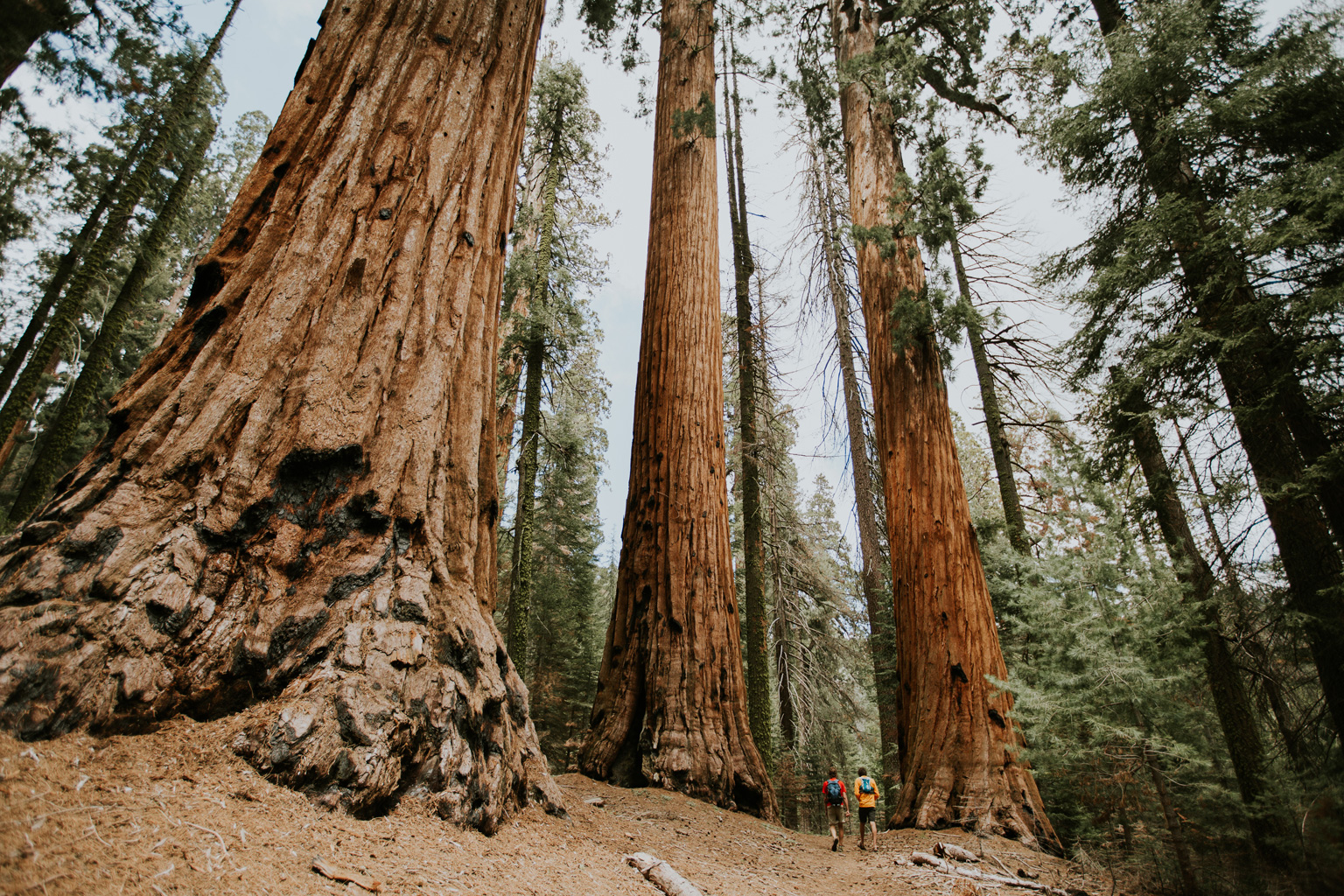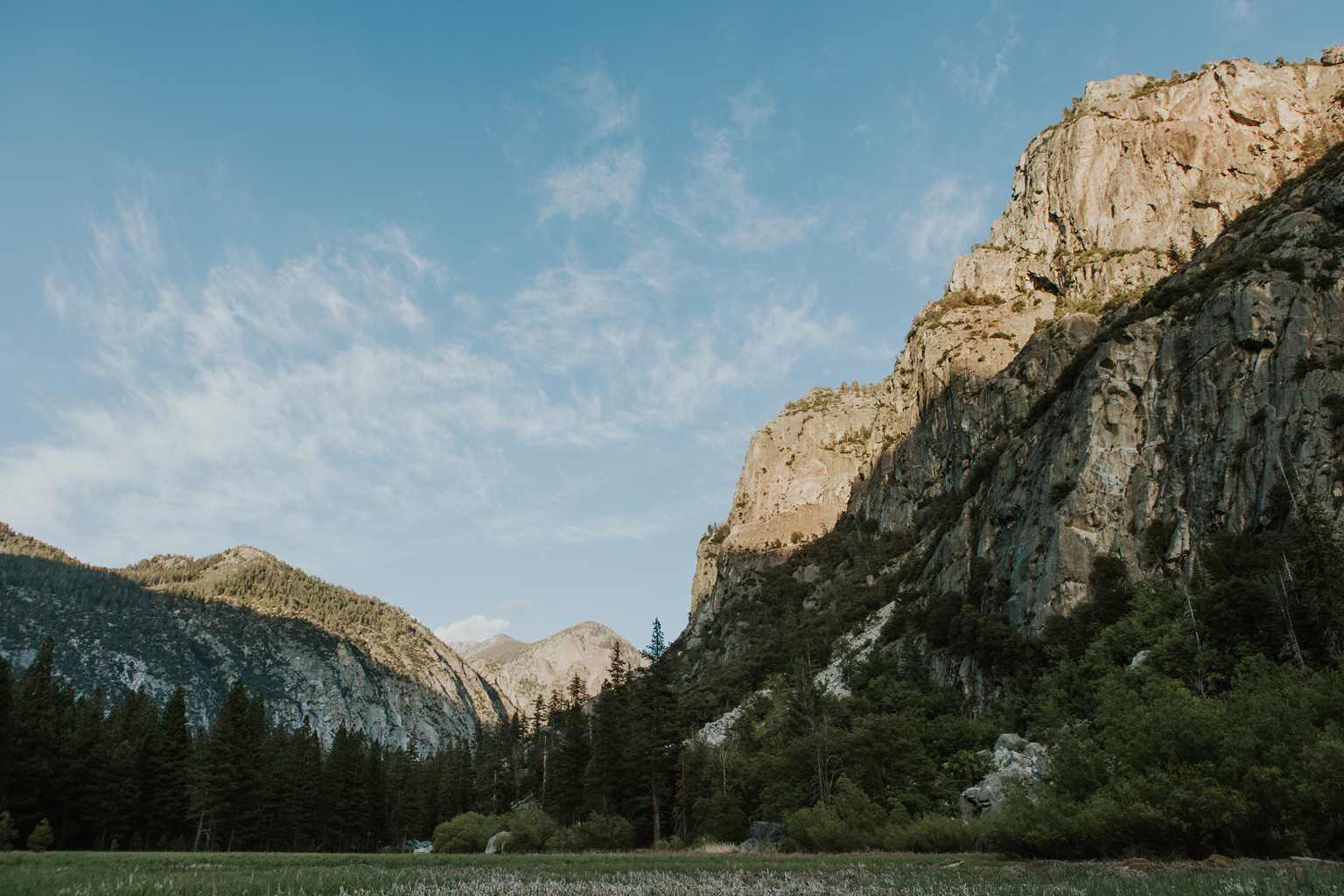Adjustment Time
I am writing this morning from under my fluffy comforter, nestled into my bed, Tessie snoring beside me.
We arrived here in Saratoga on Saturday and have been running around doing the 647,000 things big and small required to settle into a new life: finding the grocery store and laundromat, setting up a place to receive mail, getting temporary library cards, hunting down a camper supply store to get the pieces required to fix whatever small hiccups Kippee suffered en route, and so on. With each new place, our daily routines have to be adjusted. Figuring out the shower situation, finding a good trail for a quick run, meeting new neighbors and learning the unwritten protocols of this community, finding where to put the recycling and when trash pickup happens.
In many ways, our lifestyle is really helpful in the sense that our transitions are super obvious. We uproot our life on a regular schedule, so we know to expect this kind of discomfort on a three-month cycle. More often, major life transitions are far less predictable, even when planned. The changes themselves might be unexpected or the feelings that arise around the transition take us by surprise. I’m reminded of a conversation I had recently with a woman who said she’s been looking forward to retirement for years, making plans and counting down, only to be shocked to find herself feeling lost and actually in a state of near grief now that retirement has finally arrived.
I think it can be easy to underestimate the amount of time, energy, and space required to adjust to a life transition. Whether it’s a big lifestyle change like retirement or moving into a camper full-time, a new job, moving to a new place or home, having children, bereavement, whatever, we often have utterly insane expectations of how quickly we can (or feel that we “should”) adjust and “get back to normal.”
But these things take time- a lot of it, actually- as well as a huge amount of space. Way more than we usually allot before we begin the process of of berating ourselves for being inflexible people who are failures at adaptation, thereby sabotaging ourselves further through self-flagellation. I stumbled across an article recently that referenced a study in which researchers estimated that it takes, at a minimum, two to three months for people to feel like themselves at a new job, with nearly 10% of people needing a year or more. I would imagine that this likely applies to other similar transitions like retirement or moving. And for changes like bereavement or having children…well, the term “new normal” had to come from somewhere, right?
All of this to say that we don’t do ourselves any favors when we flog ourselves for not being as quick to adapt or adjust as we unrealistically expect ourselves to. Instead, what if we just backed off and allowed ourselves to feel whatever it is that we feel and perhaps even gave ourselves some of the space and support to make it easier? Maybe that looks like something as simple as a quiet day working from a cozy bed with a snoring dog and an endless supply of coffee. Maybe that looks like seeking a professional to talk through some of it with. Maybe that looks like simply acknowledging that change is fucking uncomfortable and that adjusting will take as long as it takes, so giving ourselves a little extra patience and a little extra wiggle room and a little extra compassion might just make it suck a little less.
And for goodness sake, bring your curiosity to bear, I beg you. If nothing else, stepping back and observing ourselves muddle through transition can be highly entertaining, if of the somewhat cringe-worthy variety. But more often curiosity can offset a good chunk of the difficulties. Embracing the growth and learning offered by a new job, having a brand new human to get to know after having a baby, discovering new trails or restaurants or local gems after moving to a new place, having the time afforded by retirement to try out new opportunities or interests…curiosity can help fill the gaps from old lives we left behind. It doesn’t necessarily make transition easy, but it sure can make it far easier.
Every transition in our lives is its own monster. It will take its own form and be fraught with its own difficulties and surprise booby-traps. Thats okay. Really, it is. You are okay. Pain and discomfort- they are okay, too. I’m not saying any of it feels okay, I’m just saying it is okay. Time and space, plus a little curiosity and compassion, and eventually things settle. Maybe they settle in all the ways we hope and maybe they settle into some “new normal” and maybe they settle into something we simply learn to carry with us- it just depends on the transition. But there is no point in trying to rush it and there is no point in being unkind to ourselves in the process.
For me, this time around, my transition is pretty straightforward. Some quiet and comfort is enough to bolster any flagging spirits and my excitement to experience this new place is enough to offset the discomfort of not being used to my new surroundings. But I will still take the time I need, the quiet and comfort that makes it all a little easier. It’s good practice, after all. Less forgiving transitions will inevitably come. They come for us all. And learning to give and receive support, learning to be okay with however long it takes to feel like some version of ourselves again, however winding and convoluted that process might look, is likely something we can all afford to practice a bit.
So I relish the quiet today, and the hilarity of Tessie snoring so loud she wakes herself up, and I let it in to heal the tiny fissures. Things take as long as they take and that’s that.
Let's give them the time they need...we can do it, you guys.
---
A few peek images from our time on the road between Tucson and Saratoga...


